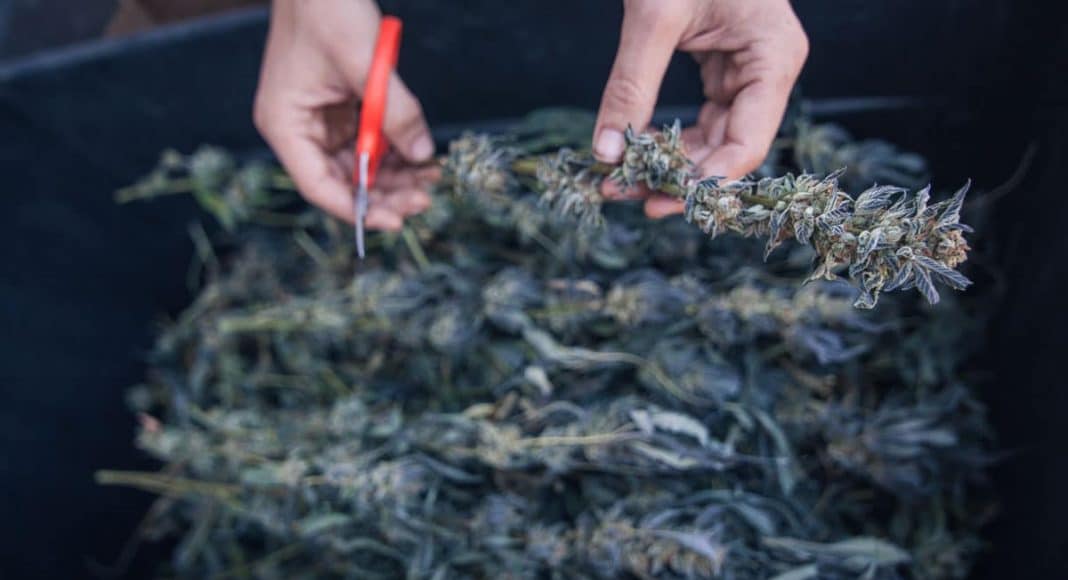Though cannabis has existed before any of us were born, the cannabis industry remains in its infancy. Because marijuana isn’t legalized on the federal level, it has created various conundrums for growers, processors, and retailers. Without any nationwide institution or organization to provide oversight and certification, many within the industry have had to rely on self-regulation.
As everyone has proven happy to comply, this has worked for the most part. But as the cannabis industry reaches its adolescence, it requires further tweaks to the formulas and practices governing the system currently. One way some are looking to improve is by going organic.
-
Related Story: Weed Tastings: Tips On Getting The Best Buds For The Buck
The National Geographic noted that currently “[i]n the U.S., one square foot of indoor marijuana cultivation uses four times more energy than the same space in a hospital, eight times more energy than a commercial building, and 20 times more energy than a center for religious worship, according to a study by Lewis and Clark College.”
But organizations like the Organic Cannabis Association and the Ethical Cannabis Alliance want to reduce the cannabis industry’s environmental imprint. Amy Andrle is a founding member of the OCA and also runs a dispensary called L’Eagle Services with her husband. They are based in Denver, Colorado, a city teeming with competing dispensaries. L’Eagle stands out from the crowd by producing “100% clean cannabis.” Yet they lack any proof of this distinction to inform interested customers they want to target. “Whole Foods shoppers,” as Adrle called them.
“There is no real, national, universal seal of organic certification. It doesn’t exist right now,” Andrle told National Geographic.
-
Related Story: Dangerous Contaminated Marijuana Still Being Sold
In early June the OCA and the ECA merged to form the Cannabis Certification Council. This organization will independently certify cannabis as “Organically Grown” and “Fairly Produced.”
“We are in a unique period where the cannabis industry does not have federal oversight,” newly appointed CCC Executive Director Ashley Preece said. “There are nearly a dozen organizations that have tried to create for-profit standards, but they have failed to do it in an ethical way.”
Preece said they will develop their guidelines by following USDA and European organic standards. Once these practices are finalized, they will meet with a technical advisory council to further review before launching a pilot program nationwide.
“Producers and processors will have a way to differentiate themselves from competitors who are not taking the extra steps for ethical cannabis production,” Preece said. “Additionally, the certification will give consumers a way to be assured that what they’re putting into their bodies is safe, clean, and supporting their local communities.”


